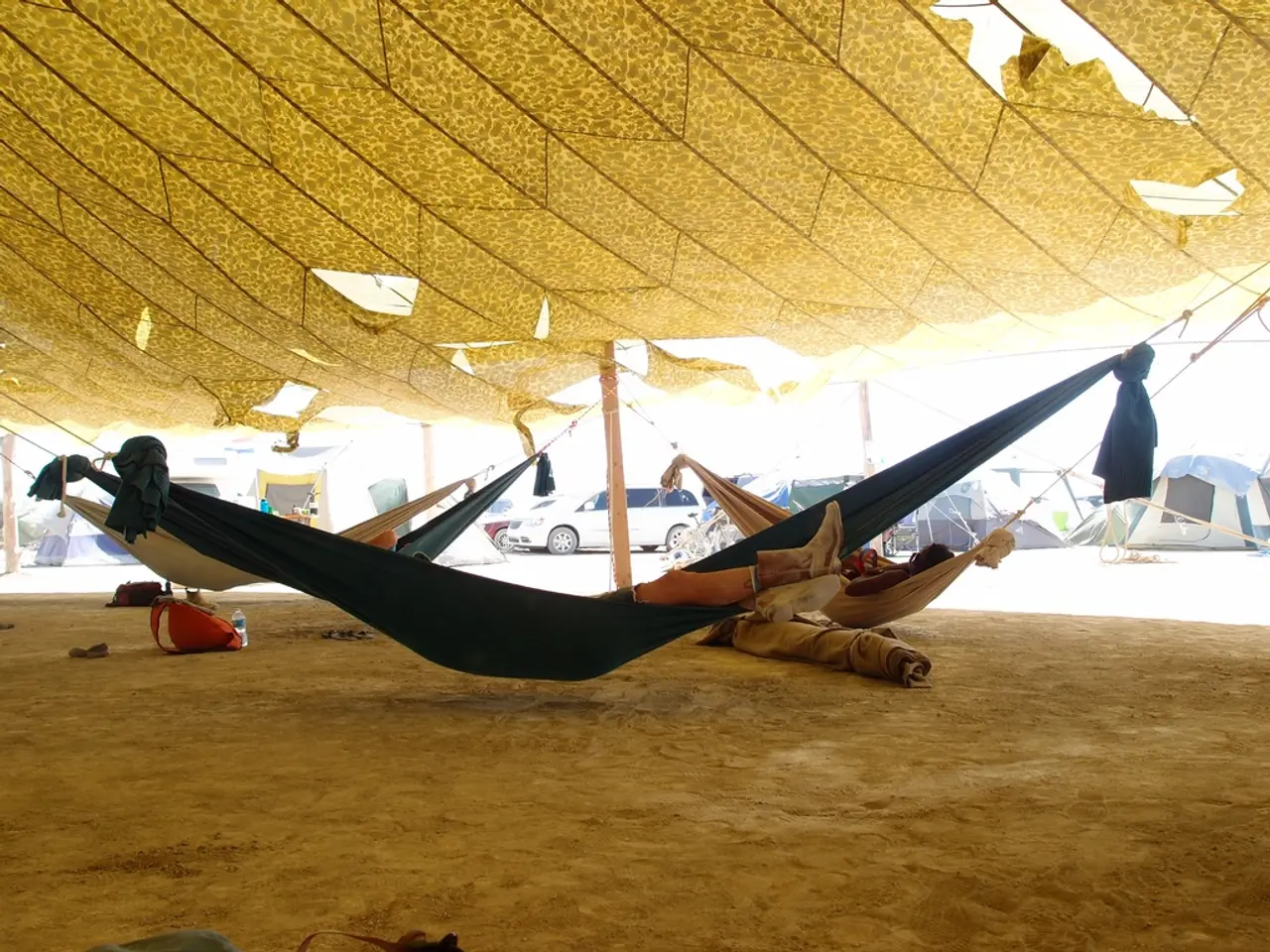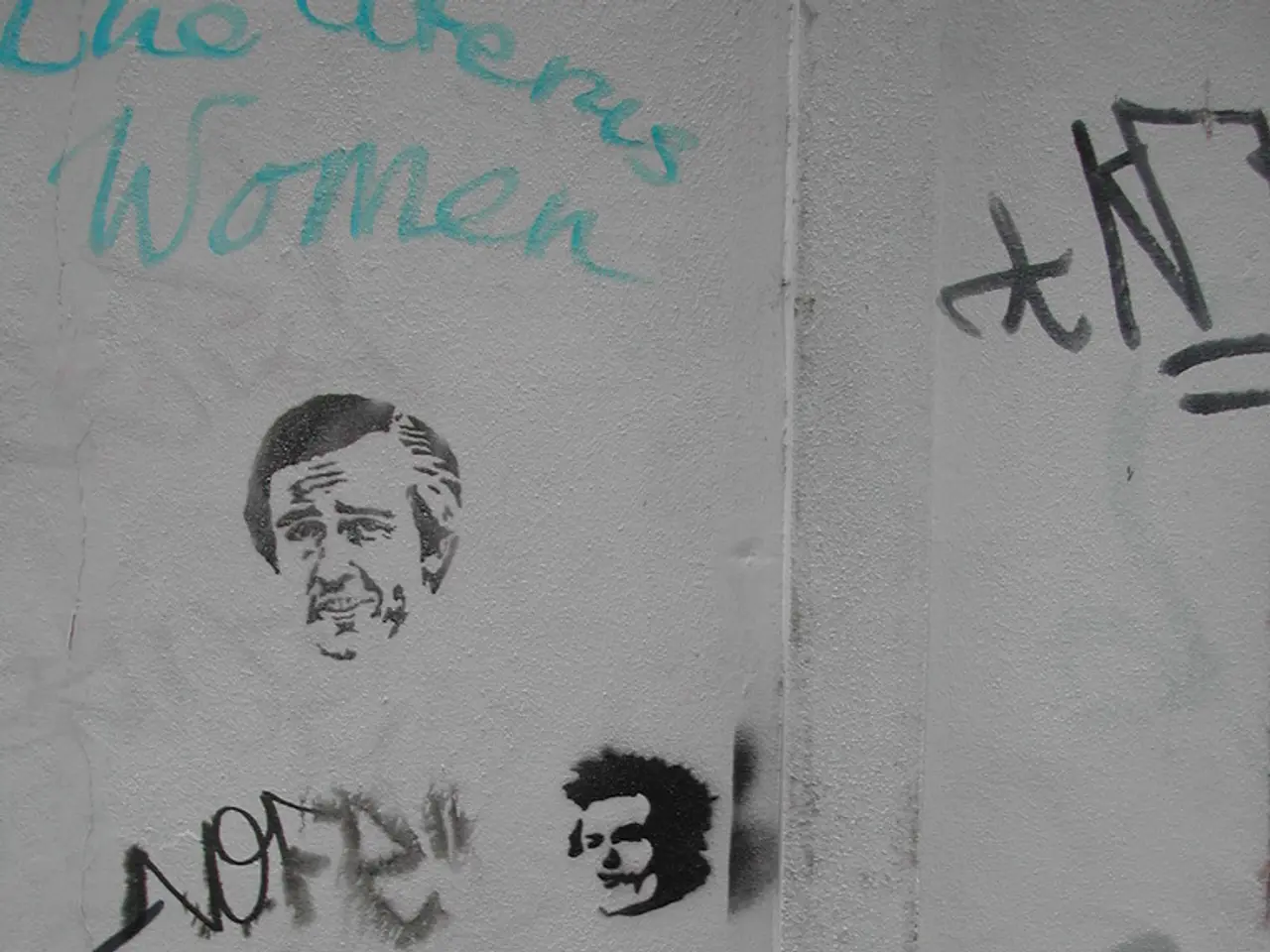Israeli and Syrian delegates convene in Baku for a pivotal meeting - Israelis and Syrians convene in Baku for a notable gathering
In a significant development, Israel and Syria have been engaging in frequent talks, mediated by the United States, to address the long-standing dispute over the Golan Heights. These discussions, which began in mid-2024, have moved from indirect channels to direct, ongoing communication at multiple government levels, reflecting a more serious diplomatic engagement [1][2][3].
The historical background of the Israel-Syria dispute over the Golan Heights dates back to the 1967 Six-Day War, when Israel captured about 1,200 square kilometers of this strategic plateau from Syria. Israel later annexed the territory in 1981, a move not recognized internationally except by the United States. The Golan Heights holds major strategic value, providing surveillance over Syria, Lebanon, and Israel, as well as access to key water resources [2][3].
Israeli officials remain divided on the potential for a security agreement. While some see a window for peace, others are skeptical, citing mistrust of Syria's transitional leadership under President Ahmad Al-Sharaa and recalling Israel’s past failed rapprochement with Turkey [1]. The Syrian government, officially, has denied that any formal meetings occurred between President Al-Sharaa and Israeli officials, despite Israeli claims of open communication channels [1].
Israeli Foreign Minister Gideon Sa'ar has firmly stated that, in any peace agreement, the Golan Heights will remain part of Israel. Prime Minister Netanyahu has echoed this stance, declaring the plateau will be Israeli "for eternity," effectively making Israel's refusal to return the Golan Heights the main sticking point in talks [1][3][4]. Syrian sources indicate a near-agreement involving phased Israeli withdrawal from newly seized areas (like Mount Hermon), alongside proposals to transform the Golan Heights into a "peace garden" symbolizing joint development and economic cooperation. However, this hinges on complex issues of sovereignty, security, and resource sharing [2].
The USA has played a crucial role in these negotiations, with its policy shift in mid-2024, including lifting sanctions on Syria and engaging with President Al-Sharaa, facilitating the start of these negotiations [3]. The UN established a buffer zone on the Golan Heights following the unsuccessful Syrian attempt to reclaim the Golan Heights in the 1973 Yom Kippur War. However, Israel has carried out hundreds of airstrikes in Syria and deployed troops to the Golan buffer zone, which the UN deemed a violation of the 1974 agreement [1].
Despite the ongoing talks, the future of the Golan Heights remains uncertain. Israel's insistence on maintaining control of the territory, while Syria demands its return, complicates prospects for a comprehensive peace agreement. The situation remains delicate, with US mediation active and potential for normalization of relations subject to overcoming this key territorial dispute [1][2][3][4].
The European Union, along with global observers, keenly follows the ongoing talks between Israel and Syria over the Golan Heights, a matter of great significance that is often covered in general news and political discussions related to war and conflicts. The long-standing dispute, which has roots in the 1967 Six-Day War, also attracts attention in the broader context of the serious crisis currently engulfing Syria.








